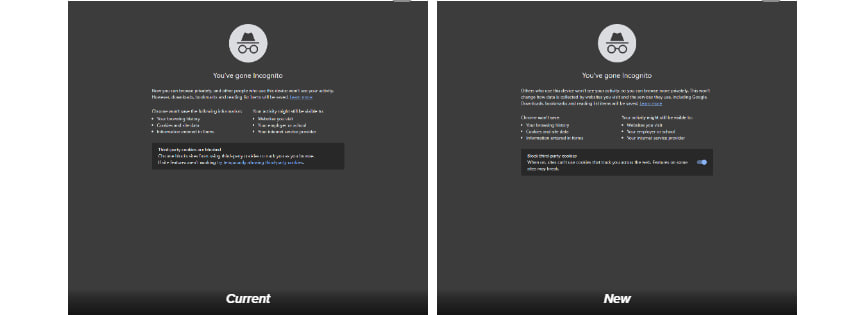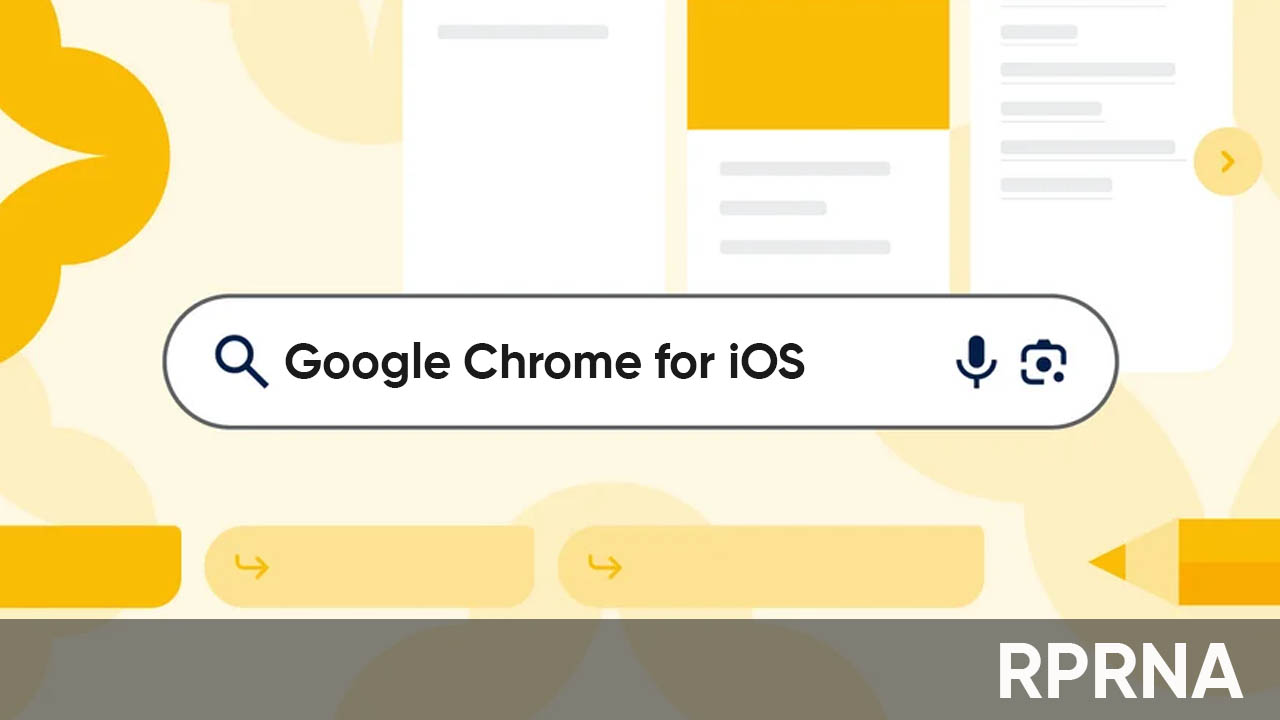Google will finally settle the years-old lawsuit regarding Chrome Incognito mode and is bringing some transformations to offer users a more seamless experience. Notably, the lawsuit was filed in 2020, and it was seeking damages of around $5 billion, but Google has agreed to settle the case with undisclosed terms.
After settling the lawsuit, the Google Chrome browser will revise the Incognito disclaimer as a result. Once the changes have been implemented users will again be able to browse privately, and other people who use this device won’t see your activity. However, downloads, bookmarks, and reading list items will be saved.
The latest revision didn’t make big changes, but you can notice some – like the headline Chrome will not save the following information: has turned to Chrome won’t save. Additionally, the Google Chrome Incognito now offers a toggle to block third-party cookies, which was a long process earlier.
While, the bullet points in both sections remain unchanged, though. However, the change was first reported by MSPowerUser in the latest release and is now widely available in Chrome Canary. It comes enabled by default across desktop and mobile apps and is expected to get a stable release soon.
JOIN GOOGLE ON TELEGRAM
Google Chrome Incognito mode works like any other private browsing mode on modern browsers. When activated, the browser no longer saves any information to your local machine and purges any browsing history or tracking data the moment you close it.







